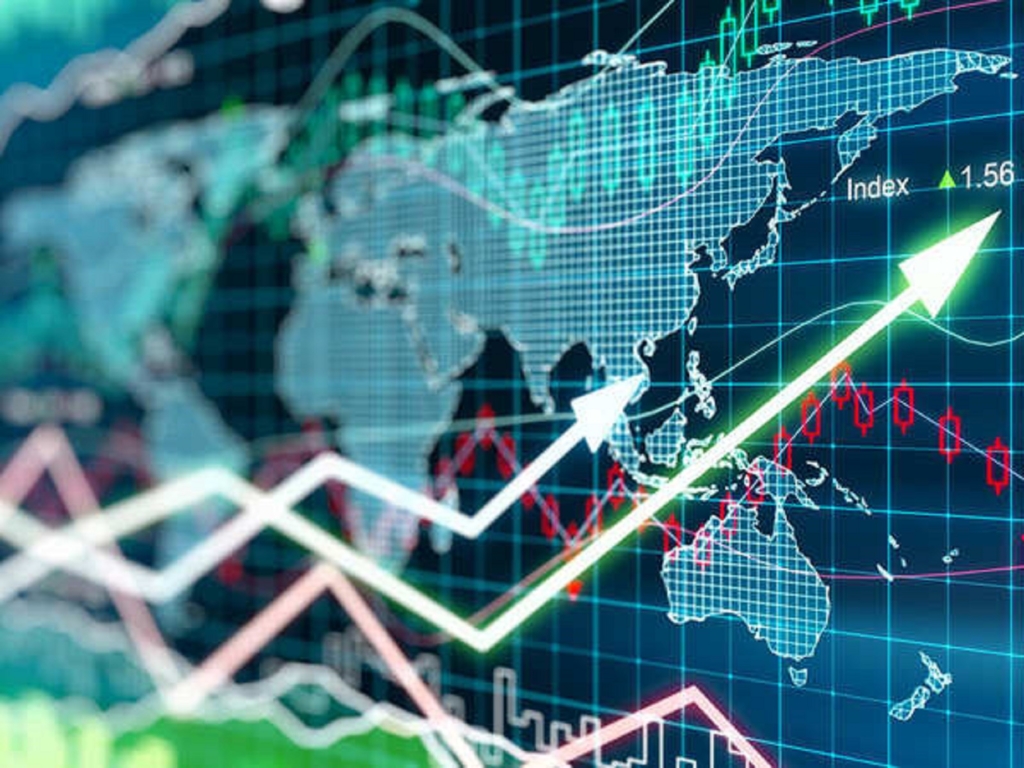Crystal Wealth Newsroom
Outlook 2021: the key drivers affecting the global economy

The past 12 months have been incredibly challenging on many levels, and from an economic perspective, we expect 2021 to be just as challenging.
While it has started more optimistically than last year – following on from the sharp movements we saw in equity markets towards the end of 2020 – there are still many variables that mean 2021 is a year that calls for pragmatism when it comes to the economy, the markets and portfolio strategy.
“There has been some talk recently of the reflation trade – meaning economic growth coming back leading to inflation,” says Tim Wedd, Executive Director at Crystal Wealth Partners.
“However, the other side of that coin is that we’re still seeing high unemployment (due to COVID) and hence significant spare capacity economically. This means output and demand will be below normal levels still for some time.”
“We don’t see an outbreak of inflation right now – and central banks have been pretty clear in saying they’re not going to increase interest rates as soon as they see some inflation, given its propensity to undershoot targets.“
“Market growth is still underpinned by low interest rates, but given current valuations, there’s not a lot of margin factored in for any policy variation or error.”
The great unknown: the impact of the COVID-19 vaccine
One of those things that may need some margin built in to forward estimates is the effectiveness of the vaccine response. What happens to efficacy rates if there is a lack of timely availability for dosage (distribution and manufacturing issues to manage), or what if it’s just not as effective for some sectors of society?
“The market’s going to have ebbs and flows again this year based on the scientific evidence,” says Wedd. “How the pandemic is managed and how we deal with outbreaks from time to time will engender consumer and business confidence – or not, as the case may be.”
Another influencing factor is, of course, on the political side. Domestically, it remains to be seen how the slow withdrawal of stimulus packages will affect the economy overall, and which sectors (e.g. tourism, hospitality) may still need targeted ongoing support. On the positive front, the household savings rate has increased last year which provides some buffer
Internationally, the change in leadership in the US will have an impact, although Wedd cautions that the level of fiscal stimulus may not be at the level that people might expect from a Democratic Congress.
“There’ll be a bias towards spending support, but equally there are already a couple of the more moderate Democrats saying they aren’t going to support any extreme positions, and a 51/50 Senate isn’t a dominant position for key policy initiatives. On balance, it’s a political outcome that should favour ongoing government support and hence support economic recovery in the US.”
Watching the markets
Over the past 12 months, there have been pockets of stocks or sectors that have done very well, but short-term COVID induced performance should not be automatically extrapolated into a trend.
“Just because, for example, Harvey Norman has doubled since the depths of March last year (with a COVID induced spending tailwind), doesn’t mean it will continue to grow at the same rate – and it doesn’t mean every retail business will do the same, as COVID support winds down.” says Wedd.
“You are going to see volatility, you are going to see rotation, and, on balance, with the interest rates where they are, you’d expect to see a net positive on growth assets such as property and equities. However, the risks are present if you don’t have the fiscal support in play, or if there is any deleveraging in China (given its strong rebound).”
Another question mark is what level of economic scarring might affect the global economy long-term. With many small businesses still clinging on, there’s still no clear path to recovery – border closures with little notice, for example, are affecting many both here and abroad.
A pragmatic approach
While it may be tempting to chase the latest strongly performing stock or sector, it is important first to do the research and consider the data analytics.
“It’s important to understand if the pattern that’s led to the observed growth and whether this was there before COVID, or whether this has just been accelerated or exacerbated by it.”
“Was there a change in some fundamental dynamic within an industry? What caused it? Which businesses will benefit most? These are some of the key issues to consider.”
“Coming through COVID, for example, e-commerce has grown as an industry-wide trend – but what form will that take for different business models long-term? It’s important to do the due diligence and really understand the market, the industry and the company exposure to such trends first.”
Settle in for the on-again, off-again
Until the world has a sustainable way of managing COVID-19 – be that through eradication, vaccination or more standardised global policies in place to enable, for example, international travel – Wedd believes we’ll continue to live in a state of flux and, consequently, the economy will remain subject to competing forces.
“Until we reach that point where the world can manage the pandemic, we’re going to have those on-again, off-again moments, particularly in terms of economic disruption,” he says.
“That’s why a pragmatic approach that is alert to the data and prioritises the protection of assets is needed – and why an approach that simply reacts to the latest market trends can be incredibly risky.”
If you’d like to discuss how the market is performing, and what that means for your investments, please contact the team here at Crystal Wealth, who’ll be delighted to help.
